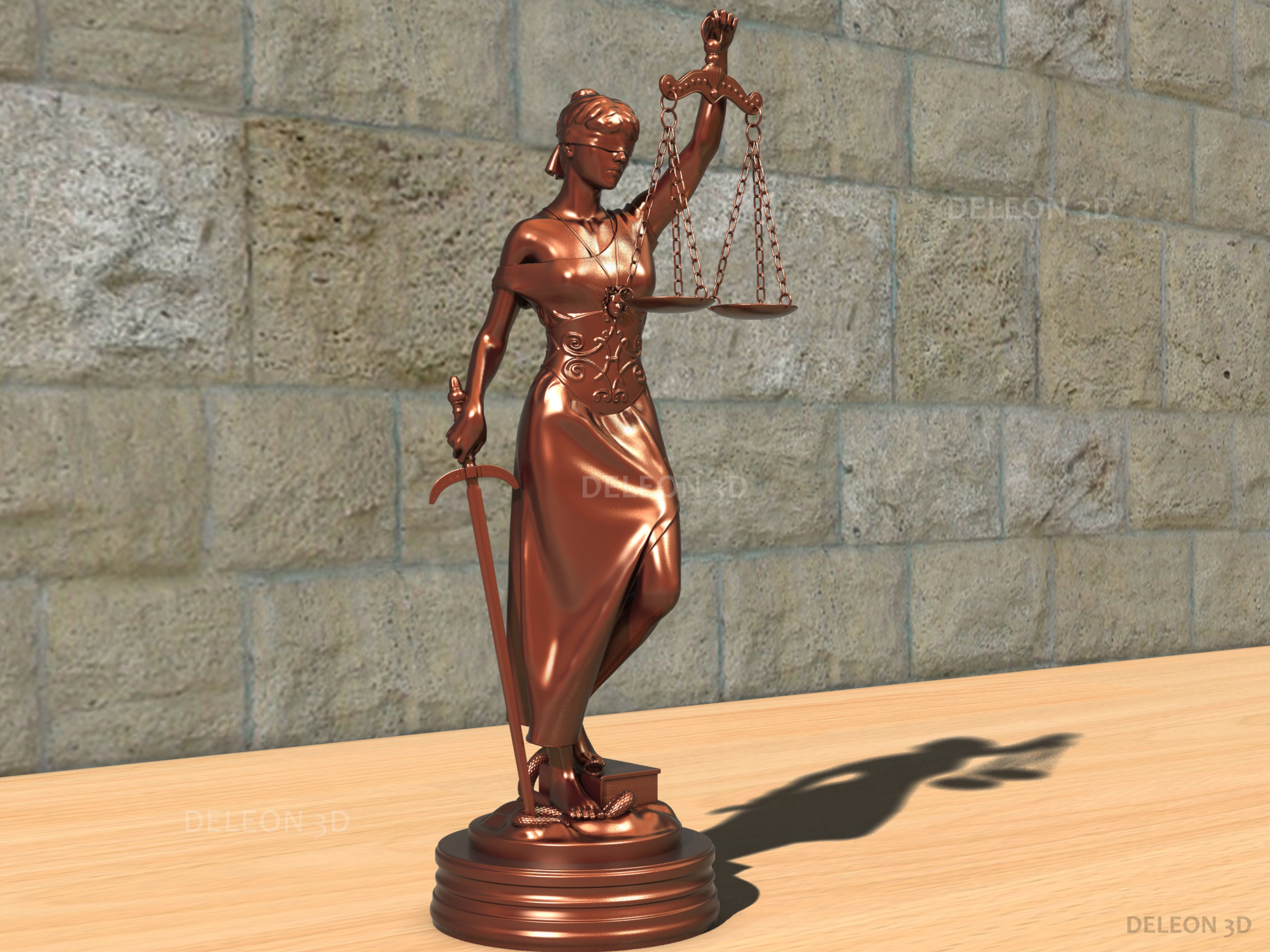Business Torts and Crimes (part C)
by
Charles Lamson
Crimes
The news media report on crimes every day so everyone hears about murders, robberies, assaults, and break-ins. Some of these crimes involve businesses or businesspeople.
 |
Business Crimes
Certain criminal offenses, such as arson, forgery, fraudulent conveyances, shoplifting, and embezzlement, closely relate to business activities. Business crimes are crimes committed against a business or in which the perpetrator uses a business to commit the crime.
Types of Business Crimes
The types of crimes committed by and against businesses appear to be limited only by the Ingenuity of the human mind. Many crimes include stealing from the business. In this age of computers, wire transfers, and organized crime, the range of crime has been growing. Today, crimes affecting business include:
Theft. Theft is the crime of stealing. It involves taking or appropriating another's property without the owner's consent and with the intention of depriving the owner of it. This definition includes taking and depriving another of property even when the thief initially obtains the property lawfully.
Some states use different terms to identify the various possible types of theft. As it relates to business, types of theft include such crimes as shoplifting, embezzlement, and larceny. The elements of each of these offences differ somewhat from state to state, but the crimes generally consist of the following:
Rico Cases. The Racketeer Influenced and Corrupt Organizations Act, called RICO for short, is a federal law designed to prevent the infiltration of legitimate businesses by organized crime. It prohibits investing income from racketeering to obtain a business, using racketeering to obtain a business (through conspiracy, extortion, and so on), using a business to conduct racketeering, and conspiring to do any of these. The conspirators do not have to do the acts themselves. If they direct the action, they are responsible. The law includes stiff criminal penalties for violation.
However, RICO includes civil sanctions as well as criminal ones. As a result, it has been used by one business against another in cases not involving organized crime. The injured party brings the action under RICO based on the perpetration of criminal activity and requests damages. In criminal cases a government brings the action. To find a business violation of RICO, a plaintiff must show all of the following:
Racketeering activity means activity labeled criminal under state or federal laws. Examples of such activity include murder, kidnapping, arson, robbery, bribery, extortion, distribution of illegal narcotics, prostitution, and white collar crime such as mail fraud, money laundering, and securities fraud. The defendant does not have to have been convicted; it is enough just to have engaged in activity for which a conviction could be obtained. This makes it easier to win a civil RICO case than a criminal case.
Civil suits under RICO have been very popular because of the liberal damages available. Rather than allowing merely compensatory damages, RICO provides recovery of three times the damages suffered. It also allows the recovery of attorney's fees, which can be a substantial sum.
In addition to the federal RICO, many states have passed so-called Baby RICO laws. Similar to the federal law, these laws apply to activities an intrastate (within a state) commerce. The federal law has jurisdiction over interstate (between states) commerce.
*SOURCE: LAW FOR BUSINESS, 15TH ED., 2005, JANET E. ASHCROFT, J.D., PGS. 28-31*
end
|

No comments:
Post a Comment